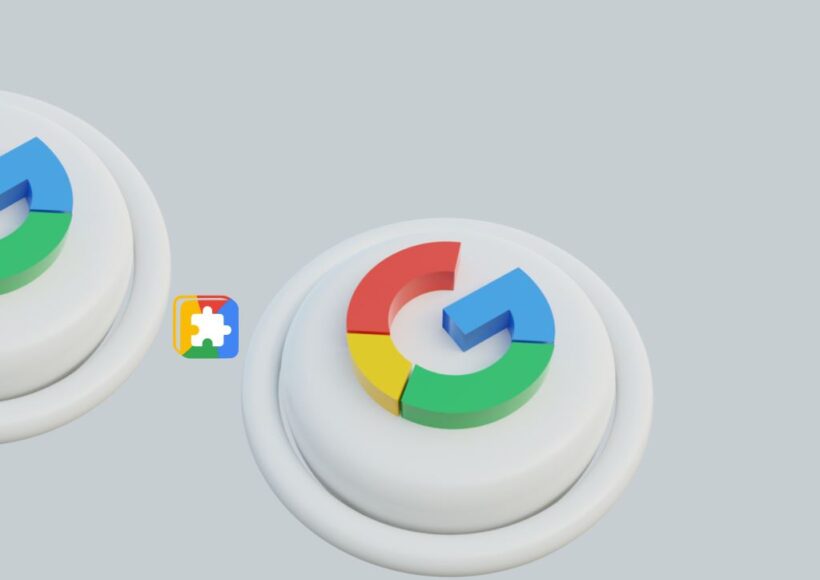Healthcare apps for patients have emerged as a transformative force. These applications leverage the power of smartphones and tablets to provide convenient, accessible, and efficient healthcare solutions. For tech enthusiasts and everyday users alike, understanding the nuances of these apps is crucial in navigating the modern healthcare ecosystem.
What Are Healthcare Apps for Patients?
Healthcare apps for patients are mobile applications designed to assist users in managing their health and wellness. They encompass a wide range of functionalities, from tracking vital signs and managing medications to scheduling appointments and consulting with healthcare professionals. These apps aim to empower patients by providing tools that enhance their ability to participate actively in their healthcare journey. With the ubiquity of smartphones, these apps have become an indispensable part of modern healthcare.
How Have Healthcare Apps Evolved Over Time?
The evolution of healthcare apps is a testament to the broader technological advancements of our era. Initially, health-related applications were rudimentary, offering basic features like step counting and caloric tracking. Over time, advancements in mobile technology and data analytics have led to the development of sophisticated apps capable of providing personalized healthcare insights. The integration of artificial intelligence and machine learning has further enhanced the capabilities of these apps, enabling predictive analytics and personalized healthcare recommendations.
Why Are Healthcare Apps Significant in Today’s Tech Industry?
In the context of the tech industry, healthcare apps represent a convergence of technology and health, two sectors with profound societal impacts. These apps are significant because they not only improve patient outcomes but also reduce the burden on healthcare systems by promoting preventive care and self-management. For tech companies, the development of healthcare apps represents a lucrative opportunity to innovate and capture a growing market segment.
What Are Some Popular Healthcare Apps for Patients Today?
Several healthcare apps have gained popularity due to their user-friendly interfaces and comprehensive features. Apps like MyChart, Teladoc, and Medisafe are frequently mentioned among the best in the field. MyChart allows users to access their medical records, schedule appointments, and communicate with healthcare providers. Teladoc offers virtual consultations with doctors, making healthcare accessible anywhere. Medisafe helps patients manage their medications, providing reminders and tracking adherence.
How Do Healthcare Apps Benefit Patients?
Healthcare apps offer numerous benefits to patients. They provide a convenient platform for managing health-related activities, reducing the need for in-person visits for routine care. These apps also enhance patient engagement by providing educational resources and personalized health insights. Moreover, they facilitate better communication between patients and healthcare providers, improving the overall quality of care.
What Challenges Do Healthcare Apps Face?
Despite their benefits, healthcare apps face several challenges. Privacy and security concerns are paramount, as these apps handle sensitive personal health information. Ensuring data protection and compliance with regulations like the Health Insurance Portability and Accountability Act (HIPAA) is critical. Additionally, achieving interoperability with existing healthcare systems and gaining user trust are ongoing challenges for app developers.
How Can Patients Choose the Best Healthcare App for Their Needs?
Choosing the best healthcare app involves considering several factors. Patients should evaluate the app’s features, usability, and compatibility with their devices. Reading reviews and seeking recommendations from healthcare professionals can provide valuable insights. Additionally, patients should ensure that the app complies with privacy standards and is backed by reputable organizations or developers.
What Role Do Wearable Devices Play in Enhancing Healthcare Apps?
Wearable devices significantly enhance the functionality of healthcare apps by providing real-time data on various health metrics. Devices like smartwatches and fitness trackers can monitor heart rate, sleep patterns, and physical activity. This data can be seamlessly integrated into healthcare apps, offering users a comprehensive view of their health and enabling more personalized health recommendations.
How Are Healthcare Apps Transforming Doctor-Patient Relationships?
Healthcare apps are transforming doctor-patient relationships by facilitating better communication and engagement. Through features like secure messaging and teleconsultations, apps enable patients to interact with their healthcare providers more conveniently. This continuous interaction helps build stronger relationships and improves patient satisfaction, as patients feel more involved in their care.
What Future Trends Can We Expect in Healthcare Apps?
The future of healthcare apps is promising, with several trends on the horizon. The integration of artificial intelligence and machine learning will continue to enhance predictive analytics and personalized care. We can also expect greater emphasis on mental health apps, reflecting the growing awareness of mental wellness. Additionally, advancements in telemedicine and remote monitoring will further expand the reach and capabilities of healthcare apps.
How Are Healthcare Apps Contributing to Global Health Initiatives?
Healthcare apps play a crucial role in global health initiatives by increasing access to healthcare services, particularly in underserved regions. They facilitate remote consultations and health education, breaking down geographical barriers. By promoting preventive care and healthy lifestyles, these apps contribute to reducing the prevalence of chronic diseases and improving overall public health.
What Steps Can Developers Take to Enhance the Impact of Healthcare Apps?
To enhance their impact, developers should focus on user-centric design, ensuring that apps are intuitive and accessible to a diverse user base. Collaborating with healthcare professionals can provide valuable insights into user needs and clinical relevance. Developers should also prioritize data security and compliance with regulatory standards to build user trust and ensure the safe handling of personal health information.
In conclusion, healthcare apps for patients represent a dynamic intersection of technology and healthcare, offering numerous benefits while posing unique challenges. As technology continues to advance, these apps will play an increasingly vital role in shaping the future of healthcare, providing innovative solutions that empower patients and improve health outcomes globally. For both tech enthusiasts and general users, staying informed about these developments is essential in navigating the modern healthcare landscape.




